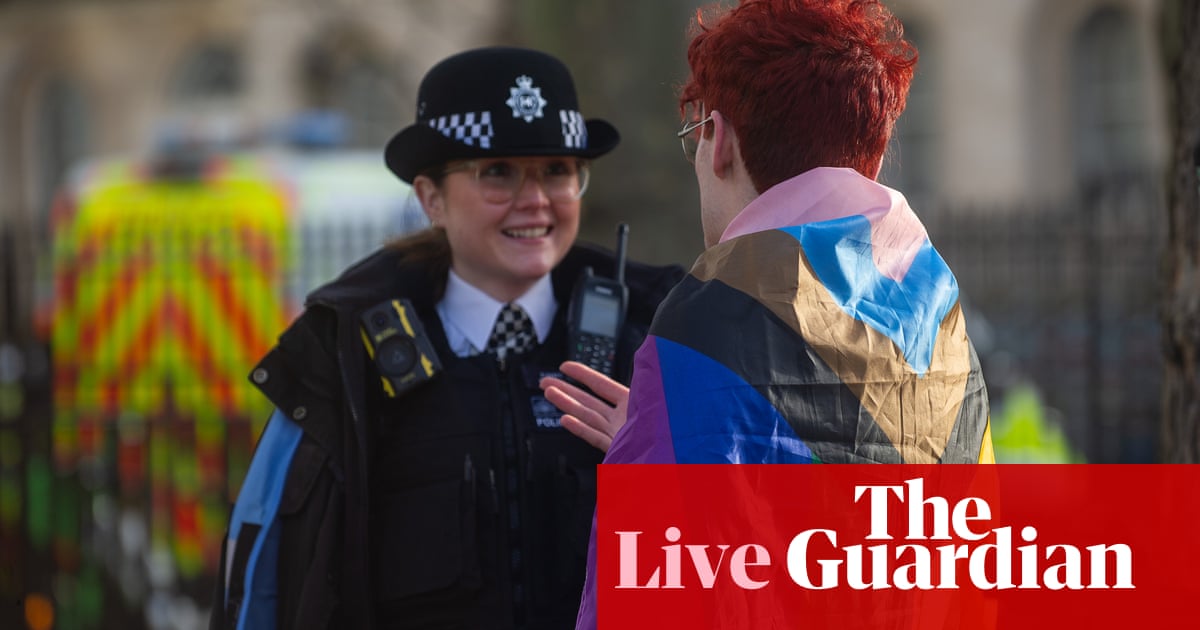
A government lawyer has urged a Scottish court to use incriminating evidence from the second Libyan accused of the Lockerbie bombing and uphold the conviction of Abdelbaset al-Megrahi.
Ronnie Clancy QC, an advocate depute for the Scottish government, said the five judges hearing an appeal against Megrahi’s conviction were entitled to use diary entries from his co-accused, Al Amin Khalifa Fhimah, even though Fhimah was acquitted.
Fhimah’s diary had entries claiming he had acquired baggage tags which, Clancy said, would have allowed Megrahi to bypass security at Luqa airport in Malta and plant the suitcase bomb which later blew up on Pan Am 103 over Lockerbie, south-west Scotland.
Clancy told the appeal that the judges at their trial, held without a jury at Camp Ziest in the Netherlands from May 2000 until January 2001, were wrong to discard that simply because they had acquitted Fhimah.
Clancy told the court: “It’s for you to make of it what you will, in particular whether you’re impressed or agree with what the trial court said, which is it’s obviously capable of having a sinister connotation in the context of Mr Megrahi’s guilt.”
The lawyer’s recommendation came on the third day of a hearing into a posthumous appeal by Megrahi’s family, nearly 20 years after he was jailed for life for killing 270 passengers, crew and towns people after the 747 jet blew up on 21 December 1988.
Megrahi appealed in 2008 after the Scottish Criminal Cases Review Commission (SCCRC) found there were numerous grounds for suspecting his conviction was a miscarriage of justice. He abandoned that case in 2009 after finding he had terminal cancer and was offered compassionate release. He died in Tripoli in 2012.
After his family made a fresh application to the SCCRC, in May 2020, the commission again said his conviction could be unsafe due to significant doubts about the identification evidence against Megrahi, given by Tony Gauci, a Maltese shopkeeper, and issues with the non-disclosure of evidence.
Clancy rejected the attacks by the Megrahi family’s lawyers on Gauci’s evidence, insisting his identification of Megrahi as the man who bought the clothes used in the bomb was honest and unswayed by outside influence.
The trial judges took account of the difficulties with identification evidence, including the passage of time, the fallibility of identification evidence and suggestibility of witnesses.
“It is inconceivable that three experienced judges weren’t alive to these issues. There are plenty of indications in the text of their analysis which made it clear that they were,” Clancy said.
The SCCRC had discovered that after his trial Megrahi had an Air Libya uniform which allowed him to travel freely in and out of Malta, Clancy added. As a senior Libyan intelligence officer, who did business with the firm selling the bomb’s timer, Megrahi also had access to a fake passport, which was used in Malta on the dates the bomb was planted.
“It’s clear that the trial court explains in detail why it reached the conclusion that in did in its analysis of Tony Gauci’s evidence. The trial court’s reasoning is sensible, measured and well within the bounds of a reasonable fact-finding exercise,” he said.
Clancy finished his rebuttal on Thursday afternoon, and the appeal court announced it would give its decision at a later date.












